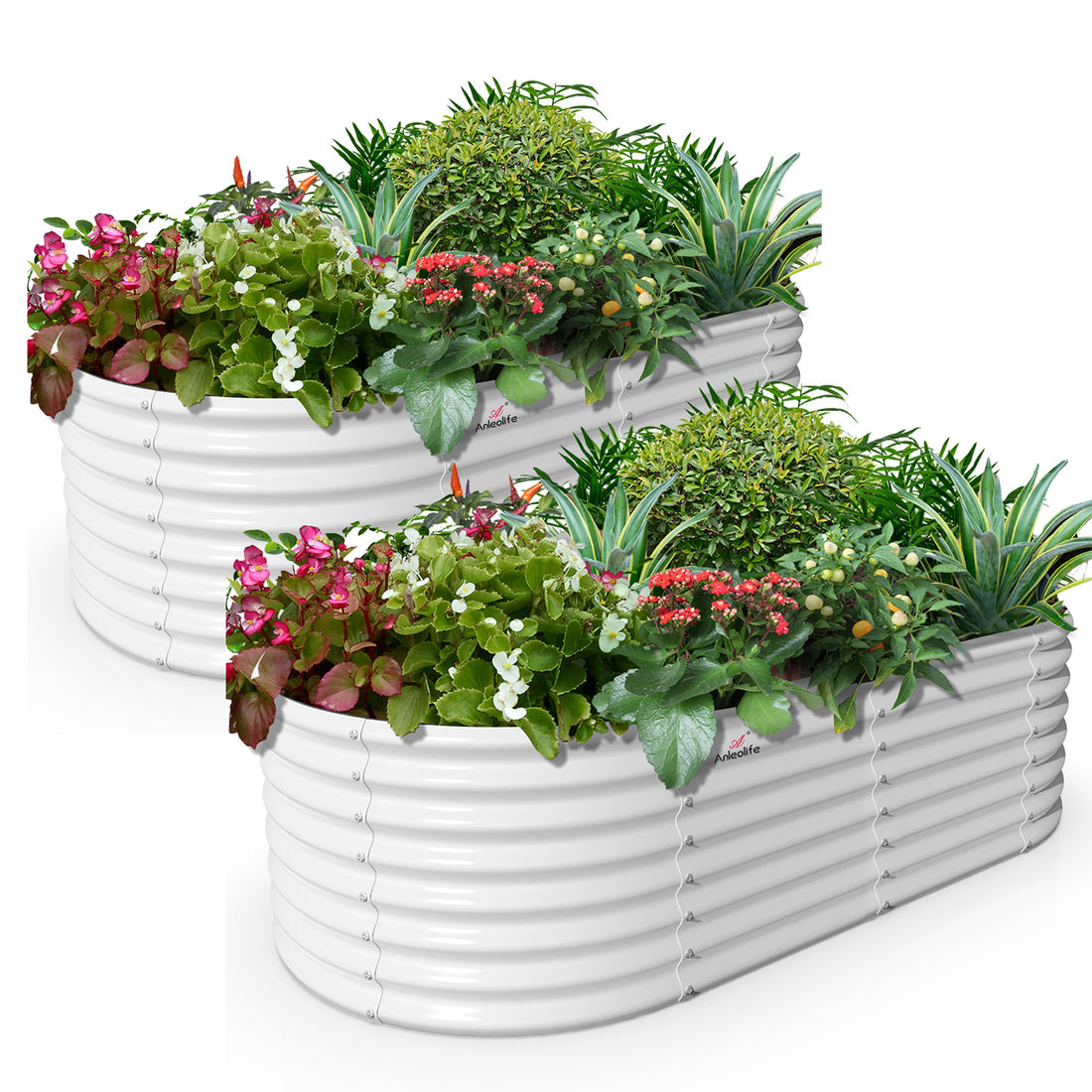In recent years, the gardening industry has seen a significant shift towards sustainability. This change is driven by the increasing awareness of environmental issues and the desire to create greener, more eco-friendly spaces. In this article, we will explore the various eco-friendly garden materials that are shaping the future of the industry.

Understanding Eco-Friendly Garden Materials
Eco-friendly garden materials are those that have a minimal impact on the environment. These materials are often sourced sustainably, are biodegradable, or can be recycled. But what exactly makes a material eco-friendly? Let's delve deeper.
"Eco-friendly garden materials are essential for creating sustainable and environmentally responsible gardens."
Sustainable Sourcing
Sustainably sourced materials are those that are harvested or produced in a way that does not deplete natural resources. For example, bamboo is a popular choice for garden structures because it grows quickly and can be harvested without causing long-term damage to the environment.
Biodegradable Options
Biodegradable materials break down naturally over time, reducing waste and pollution. Compostable garden pots and biodegradable mulch are excellent examples of such materials. These products not only support plant growth but also contribute to a healthier ecosystem.
Recycled Materials
Using recycled materials in your garden is another effective way to be eco-friendly. Recycled plastic planters, for instance, help reduce the amount of plastic waste in landfills. Additionally, reclaimed wood can be used for garden beds and furniture, adding a rustic charm while being environmentally responsible.
Benefits of Eco-Friendly Garden Materials
Choosing eco-friendly garden materials offers numerous benefits, not just for the environment but also for gardeners. Here are some key advantages:
- Reduced Environmental Impact: By using sustainable, biodegradable, and recycled materials, you help reduce pollution and conserve natural resources.
- Healthier Plants: Eco-friendly materials often contain fewer chemicals, promoting healthier plant growth and reducing the risk of soil contamination.
- Cost Savings: Many eco-friendly materials, such as compost and mulch, can be made at home, saving you money in the long run.
Popular Eco-Friendly Garden Materials
Several eco-friendly garden materials are gaining popularity among gardeners. Here are a few examples:
- Bamboo: Ideal for garden structures and fencing, bamboo is a fast-growing, renewable resource.
- Compost: Made from organic waste, compost enriches the soil and promotes healthy plant growth.
- Recycled Plastic: Durable and versatile, recycled plastic can be used for planters, garden furniture, and more.
Incorporating Eco-Friendly Materials in Your Garden
Wondering how to start using eco-friendly materials in your garden? Here are some tips:
- Choose biodegradable pots and planters for your plants.
- Use compost and organic mulch to enrich your soil.
- Opt for sustainably sourced wood or bamboo for garden structures.
- Consider recycled materials for garden furniture and decorations.
By making these sustainable choices, you can create a beautiful, eco-friendly garden that benefits both you and the environment.
Conclusion
The shift towards eco-friendly garden materials is not just a trend; it's a necessary step towards a more sustainable future. By understanding and incorporating these materials into your garden, you can contribute to a healthier planet while enjoying the many benefits they offer. Whether you are a seasoned gardener or just starting, making eco-friendly choices is a rewarding and impactful decision.
References
 Your browser does not support the video tag.
Your browser does not support the video tag.


